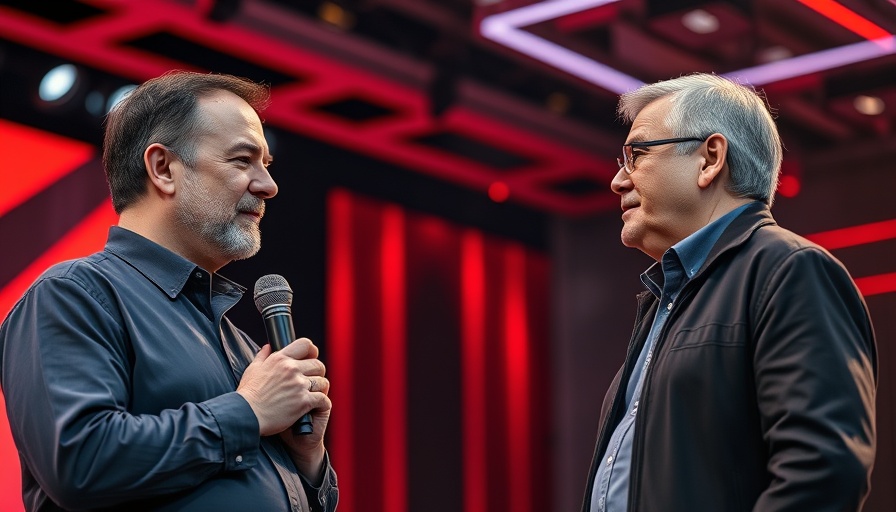
A New Era of AI for Africa
The Future Ready Summit showcased a pivotal mindset shift within Africa as leaders converge on the principles of human flourishing, ethical innovation, and digital sovereignty in the realm of artificial intelligence (AI). As AI reshapes the landscape of technology and economy globally, African policymakers, technologists, and youth are becoming active participants in rethinking its narrative—ensuring that it aligns with the continent's aspirations for sustainable development.
Empowering the People with AI
A key highlight of the summit was Mo Gawdat's impactful keynote speech, which underlined the necessity of acknowledging AI's potential while remaining cautious about its implications. He stated: “We need the world to fully understand the possibilities of AI, before it is too late.” This serves as a resounding call to action for Africa, which stands uniquely positioned to leverage AI in a way that promotes true societal benefit.
Real-World Applications Changing Lives
One prominent example shared at the summit was Vodacom Tanzania's M-Pesa initiative. Revolving around digital finance, M-Pesa uses AI analytics to enhance its offerings. By processing over $135 billion annually, it empowers those typically sidelined by conventional banking systems. Moreover, initiatives like M-Kulima utilize AI to assist farmers, thereby enhancing crop yields and improving rural livelihoods, showcasing how AI can directly uplift communities.
Local Solutions for Local Challenges
Leadership from the Tanzania Commission for Science and Technology (COSTECH) emphasized the importance of local AI solutions, ensuring that advancements benefit Tanzanians directly. By investing in local talent and promoting data sovereignty, Tanzania seeks to harness AI to reflect its national priorities while addressing unique challenges faced across the continent.
Summit as a Catalyst for Action
Georgie Ndirangu poignantly captured the essence of the summit: “This summit was more than a conversation, it was a catalyst for action.” With the concerted efforts of leaders like Gawdat, Vodacom, and COSTECH, Africa is actively on its way to leveraging AI for substantial growth and inclusive futures.
 Add Row
Add Row  Add
Add 


Write A Comment